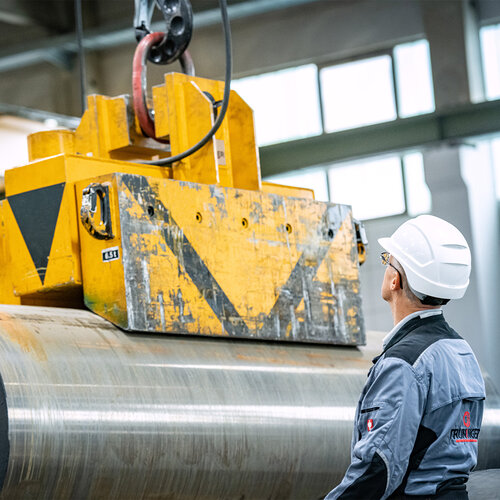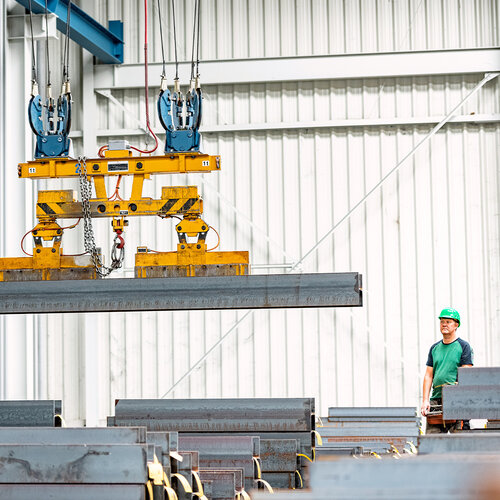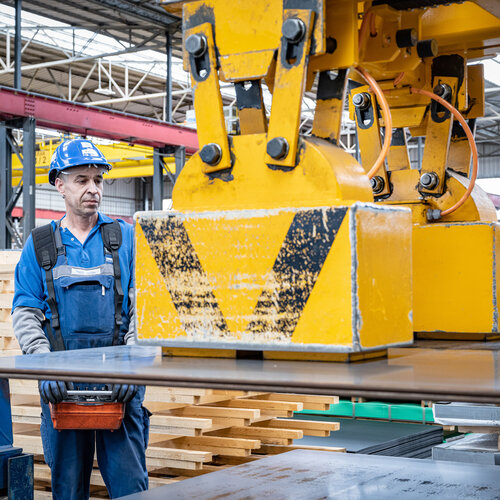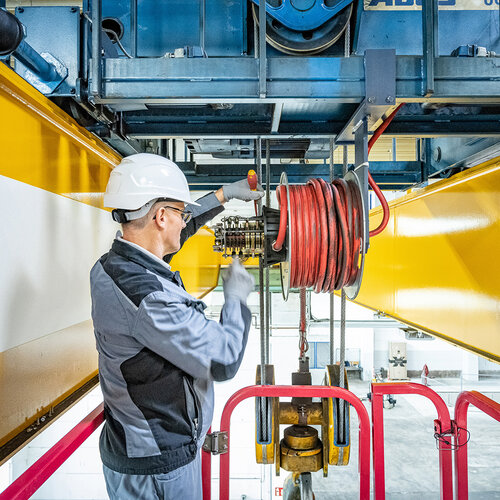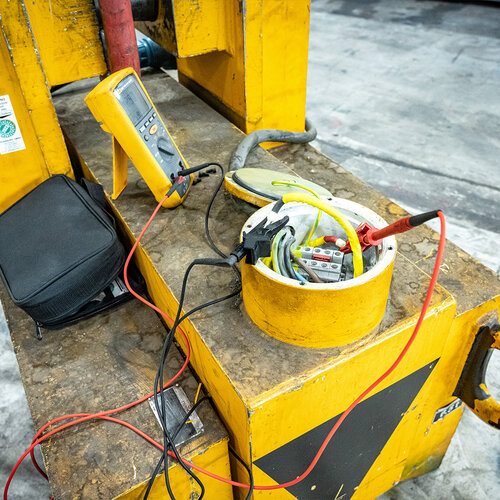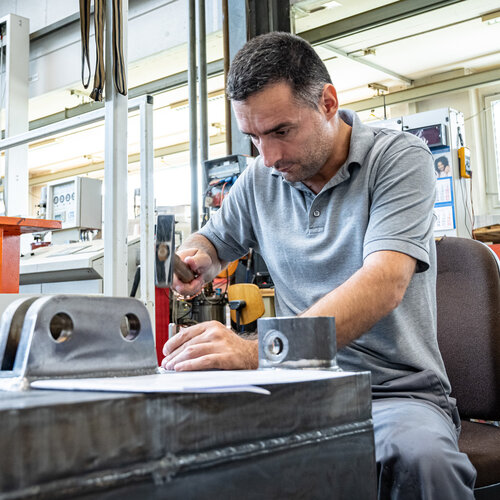
Maintenance
Proper maintenance lowers life cycle costs
Make sure your magnet system has a high availability and optimal life span!
Maintenance services
Our specialists are at your disposal for:
- Cleaning and testing of exposed components
- Inspection of magnets and spreader beams
- Checking of connections and power lines
- Checking of controller and display elements
- Removal and replacement of worn parts
- Performing comprehensive functional tests
- Update the system's documentation
- Issuing of certificate and maintenance
Maintenance work can be combined with other TRUNINGER services such as for example Inspection or Training.
Maintenance with certificate
High availability & reliability through proper, periodic maintenance
The magnet systems are designed for lowest maintenance and feature an impressively long service life. However, periodic and proper maintenance of all components is an important prerequisite to keep the systems running reliably and safely. In some cases, maintenance tasks are not properly carried out. This can be for a number of reasons, such as:
- Lack of know-how
- Lack of specific magnet system knowledge
- Lack of resources
- Lack of management commitment
- Constantly changing maintenance providers
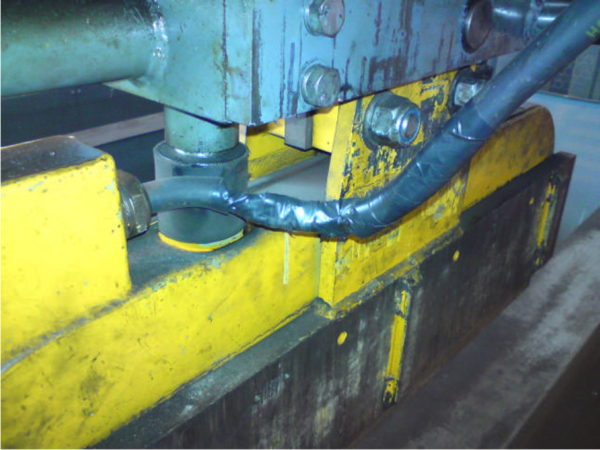
Figure 1: Poorly maintained and repaired power supply cable
Getting a specialist involved
As a long-standing magnet system manufacturer, our specialists are happy to assist you. TRUNINGER ensures that maintenance work is carried out correctly and thus guarantees trouble-free and safe operation.
Experienced TRUNINGER technicians carry out the work professionally and efficiently, including all functional and safety tests.
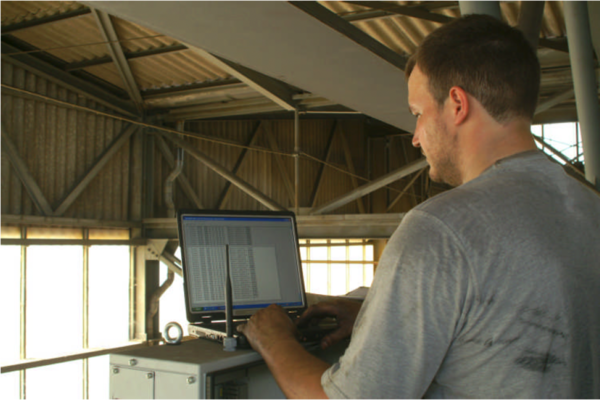
Figure 2: The magnet control system being checked by a specialist
The focus is on the following:
- Inspection and maintenance of spreader beam and suspensions
- Inspection of the magnets
- Inspection and maintenance of plugs, cables and cable drums
- < li>Inspection and testing of the electrical control system
- Inspection and test of the backup battery
- Inspection and adjustment of the battery charger
- General lubrication service
- Over all function check
- Creating a report for each system documenting all checks, errors and defects.
Upon the completion of these checks TRUNINGER issues a certificate to the customer, confirming the system is in perfect condition technically and that it can be operated safely.
Maintenance training
Availability and reliability by maintenance
Customers expect high levels of availability and reliable operation from their magnet systems. Breakdowns and interruptions by maintenance need to be kept to an absolute minimum.
All TRUNINGER systems are designed for lowest maintenance. Nevertheless, some preventative maintenance is necessary for ensuring optimal availability and reliable operation as well as guaranteeing a long service life.
Maintenance levels
TRUNINGER splits maintenance into three levels:
Maintenance level 1 Performed by the operator
Training includes:
- Level 1 safety guidelines
- Cleaning tasks and mandatory system checks
- All of operating functions and detection of malfunctions
- Detection of mechanical damages on spreader beams, magnets, cables or cable reelers
- Read out events on InfoPick
- Any maintenance inside the controller cabinet are subject to higher level 2 training
Maintenance level 2 Performed by trained maintenance staff
Level 2 maintenance training is provided in-house at TRUNINGER and usually lasts 4-5 days.
Training includes:
- Level 2 safety guidelines
- Download the event log via Bluetooth or serial interface
- Track and isolate faults based on the event log
- Replace mechanical or electrical spare parts
- Reboot the magnet system
Maintenance level 3 Performed by TRUNINGER or approved agent
Level 3 maintenance tasks must be performed by TRUNINGER technicians or by TRUNINGER-approved local agents. Level 3 maintenance tasks cover any changes affecting the system specification, functionality or safety.
For example:
- Reworking/replacing magnets or electronic components
- Repairing electrical components
- Changing system configuration or parameters
- Reprogramming or upgrading the main board
- Recommissioning a modified magnet system
Training concept
Drawing on the company’s broad experience as a manufacturer, TRUNINGER provides the opportunity for customer’s staff to be trained for level 1 and level 2 maintenance.
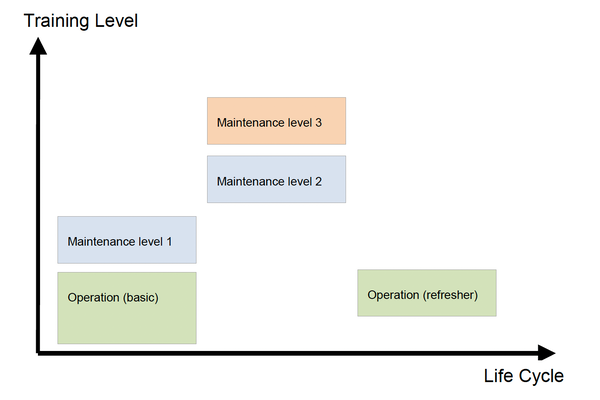
On completion of the training the participants receive a TRUNINGER certificate. The participants are registered in a database to keep track on their qualification.
Inspection
Testing and Assessment
Regulations governing periodic inspections vary from one country to another. Some companies also define their own specific regulations.
When required, magnet systems are inspected by qualified specialists applying the appropriate formal procedures.
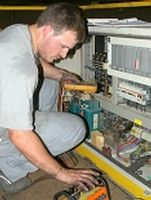 | 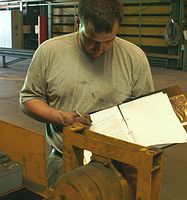 | 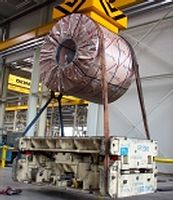 |
The system is inspected by a recognized specialist institute or specialist and the intended, correct application is formally confirmed.
Inspection services
We add value to your operation offering:
- Inspection by qualified experts of TRUNINGER or 3rd party magnet systems
- Application of TRUNINGER standards with certification if no specific regulations are defined
- Or application of official regulations such as BGR 500/UVV in Germany
Inspection activities can also be combined with maintenance or small repair services to safe money and time.
Inspection of the magnet system when no regulations are defined
The need to inspect
Magnet systems are capital assets that have a long service life. Like all lifting devices they are subject to safety regulations. The responsible managers or departments within the company will require the operations manager to prove that his magnet systems do fulfill the safety requirements and conform to the relevant guidelines and regulations such as:
- Country-specific regulations
- Industrial standards and technical requirements
- In-house guidelines of the company
Do you have the expertise and authority to do this yourself?
Getting a specialist involved
Whatever the reason for the inspection, to ensure that the work is carried out to the highest standards, we recommend using a magnet system specialist. Our maintenance specialists have the necessary skills and experience to perform safety inspections. When official regulations apply, it may be mandatory the specialist is properly certified to get full approval of the inspection by the authorities.
Our service package
Based on the safety provisions to be applied, the inspection process is supported by standardised checklists containing a statement of compliancy. This includes to issue to the customer a list of any defects along with recommended repairs. The key inspection items are:
- A general check that all parts of the system are working properly
- Safety functions of the magnet controller
- Spreader beams
- Magnets and magnet suspensions
- Magnet control system
- Electrical plugs, cable and cable glands
- Cable reelers and slip rings
- Magnet isolation
- Back-up battery, switchover from mains to battery and battery charger
- Signal interfaces between magnet system and crane
- User Guide, technical manuals and service record
Certificate
A TRUNINGER safety certificate is issued to confirm that the inspection has been carried out properly.
UVV inspection of the lifting magnet system
Mandatory inspection
Magnet systems are „load handling devices“ and therefore must undergo a „regular inspection“.
The German BG 500 regulation defines that load handling devices are not part of the hoist, which is why inspection by an expert is mandatory.
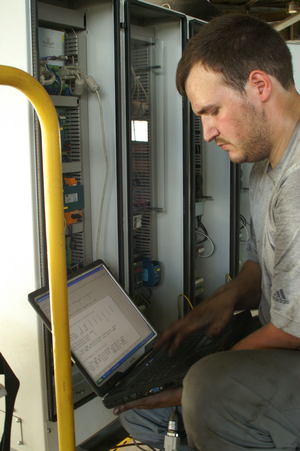
Figure 1: Checking the configuration parameters in the magnet controller system
Testing by experts
Being a service-oriented company, we are pleased to offer you the compulsory inspection as a service. Our specialists can also carry out minor maintenance or repair work in the same process. This saves your money and time.
After completion, an inspection report is handed over to you.
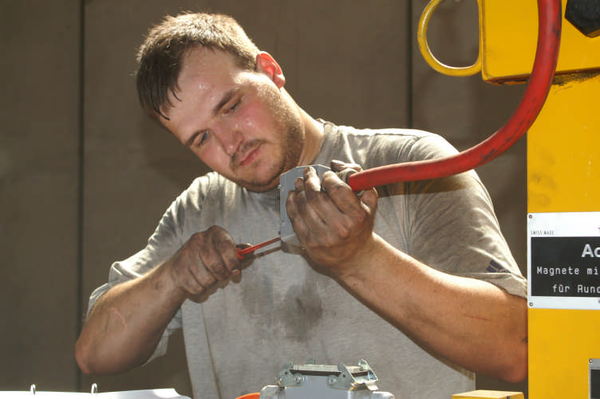
Figure 2: Testing and maintenance of a plug connection


